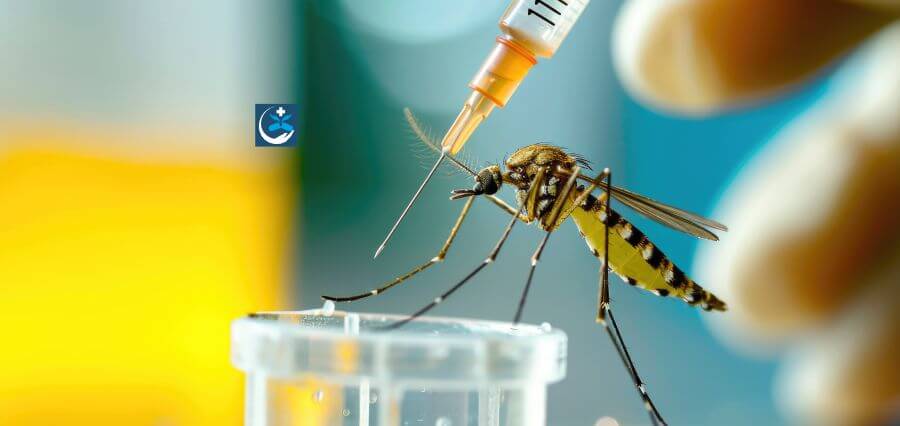The Washington Department of Health has reported an uptick in Dengue Fever cases across the state.
According to the Department, the disease has spread internationally, particularly to South and Central America, Africa, the Middle East, Asia and the Pacific Islands.
The Health Department advises checking health risks at your destination before travel by visiting this link and using these tips to stay protected from bugs.
As stated by the World Health Organization, dengue, also known as break-bone fever, is a viral infection transmitted from mosquitoes to humans. It is more prevalent in tropical and subtropical climates. While many people infected with dengue may be asymptomatic, common symptoms include high fever, headache, body aches, nausea and rash. Most people recover within 1–2 weeks, but severe cases may require hospitalization.
Dengue is a viral infection transmitted to humans through the bites of infected mosquitoes. About half of the world’s population is now at risk, with an estimated 100–400 million infections occurring each year. Dengue is prevalent in tropical and sub-tropical climates worldwide, particularly in urban and semi-urban areas.
While many dengue infections are asymptomatic or result in only mild illness, the virus can sometimes cause severe cases and even death. Prevention and control of dengue primarily depend on controlling the mosquito population, as there is no specific treatment for dengue or severe dengue. Early detection and access to proper medical care significantly reduce the fatality rates of severe dengue.
Often referred to as break-bone fever, dengue is most common in tropical and subtropical climates. Most people infected with dengue will not exhibit symptoms, but those who do typically experience high fever, headache, body aches, nausea, and rash, with most recovering within 1–2 weeks. However, some individuals may develop severe dengue and require hospitalization.
In severe cases, dengue can be fatal. People can reduce their risk of contracting dengue by avoiding mosquito bites, especially during the day. Treatment for dengue involves managing symptoms with pain relievers, as there is currently no specific cure for the virus.

